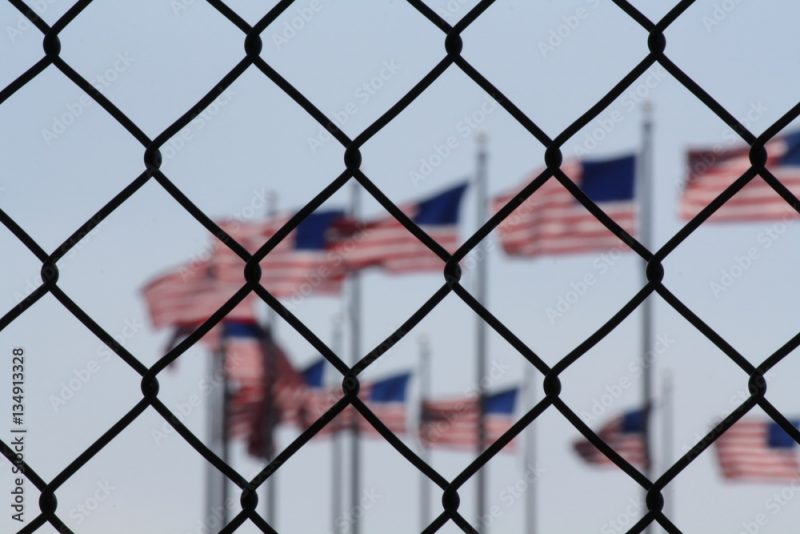Recently, there has been a rise in the number of Koreans being deported upon attempting to enter the U.S. through Atlanta’s Hartsfield-Jackson International Airport. This trend has been linked to an increase in illegal dispatch labor, prompting airport immigration authorities to scrutinize the “Korean-Savannah-ESTA” connection more closely.
On the morning of October 2, a South Korean man surnamed Wi was denied entry by U.S. Customs and Border Protection (CBP) at Atlanta Hartsfield International Airport and was subsequently deported back to Korea.
Wi, who had entered the U.S. under the Visa Waiver Program (ESTA), stated that he planned to spend three weeks sightseeing in the southern U.S. while staying at a friend’s home in Ellabell, Bryan County.

However, CBP officials questioned the credibility of his claim, noting that the location—near the Hyundai Metaplant rather than a well-known tourist destination—raised suspicion. The fact that his accommodation was in an area densely populated with shared housing for factory workers, combined with his recently issued passport, further suggested that his entry might have been employment-related.
Authorities also apprehended a 50-year-old Korean man on the same flight who was found planning to work illegally at a Korean restaurant, and he was deported alongside Wi.
Wi argued that a Korean interpreter assisting during the CBP inspection indicated that, on average, three Asian travelers are deported from the airport each day.
Seong Myung-hwan, a police consul at the Korean Consulate General in Atlanta, commented that it has become more difficult for Korean men in their 40s and 50s to enter the U.S. alone, especially if their final destination is in places like Montgomery, Alabama, due to the association with illegal employment.
Presenting a round-trip ticket to demonstrate the intent to return to Korea has also become less effective, as CBP officers are increasingly aware of this tactic.
A local Korean travel agency representative noted that many customers, particularly those associated with Hyundai’s local suppliers, book return flights for a month later, only to cancel or rebook their tickets to maximize their 90-day stay.
The issue, however, lies in the fact that CBP considers the use of travel agencies to book these tickets as a potential red flag for illegal employment.
“Some companies are forced to pay double for flights when their workers are denied entry,” said a travel agency representative. “Since the customers don’t disclose the real purpose of travel, we have no way of knowing whether their entry is legitimate.”
The root cause, experts say, is that some Korean companies are encouraging illegal employment to cut labor costs and reduce recruitment times by bypassing proper work visa procedures.
Sangmin Shin, a corporate immigration attorney with the Jackson Walker law firm in Texas, emphasized the importance of compliance, stating, “From the first day we meet with Korean companies, we stress the need for proper work visas. It’s one thing to meet for business discussions, but the moment they start engaging in technical or engineering work without the proper visa, it becomes illegal. Ignoring this fine line and failing to uphold agreements with the government not to employ unauthorized workers can result in serious legal consequences.”
BY CHAEWON JANG, YOUNGNAM KIM [jang.chaewon@koreadaily.com]




![Green card interviews used as decoy for ICE arrests U.S. Immigration and Customs Enforcement (ICE) agents arrest a man after a hearing at an immigration court in Manhattan, New York, on Oct. 27. [REUTERS]](https://www.koreadailyus.com/wp-content/uploads/2025/12/1226-ICE-100x70.jpg)